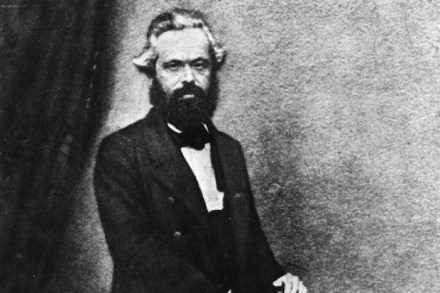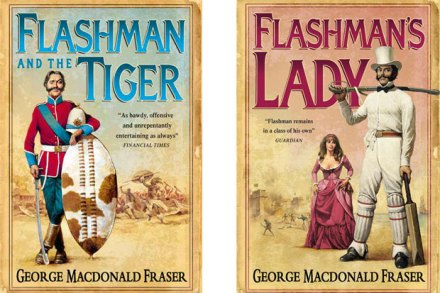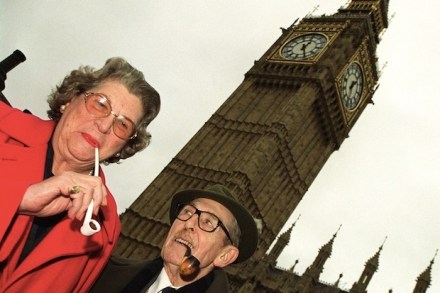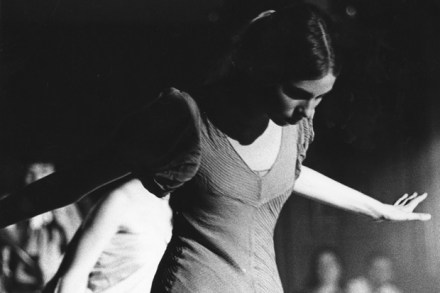Piketty’s decaff Marxism would be just as oppressive and intrusive as the old variety
If a title works once, the chances are it will work again. Half the punch of Marx’s masterwork is in its name. Better in German of course, with the kick of the K and the ominous echo of Kaput. But even in English when blocked out in red caps on a fat spine, CAPITAL sends





















